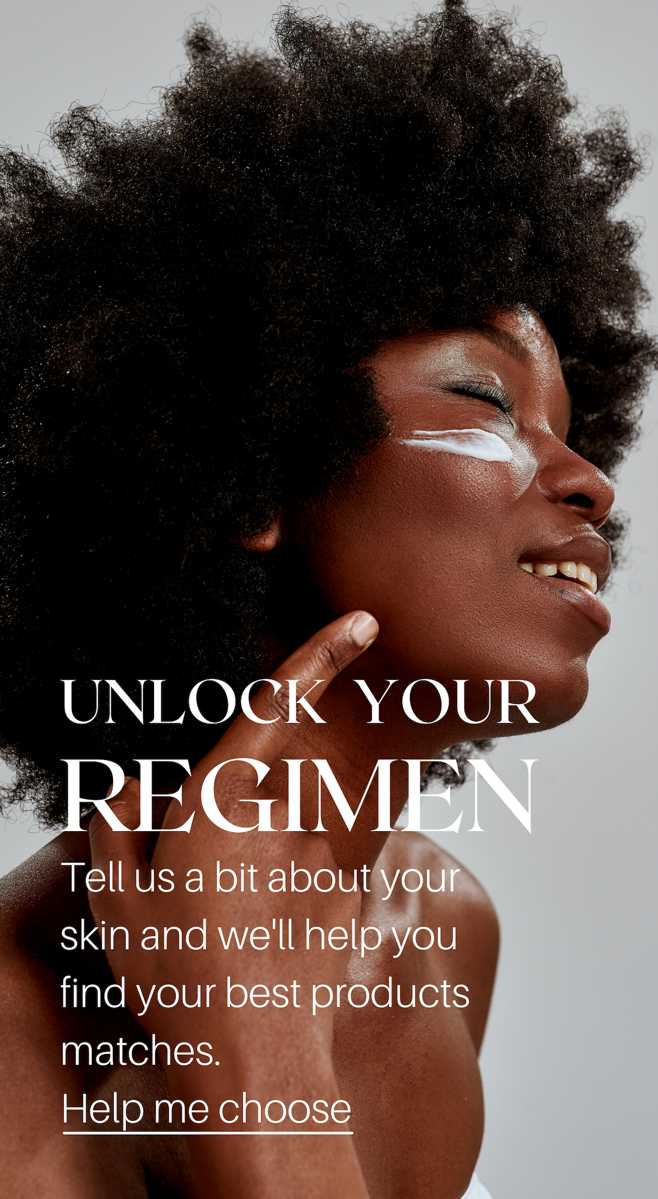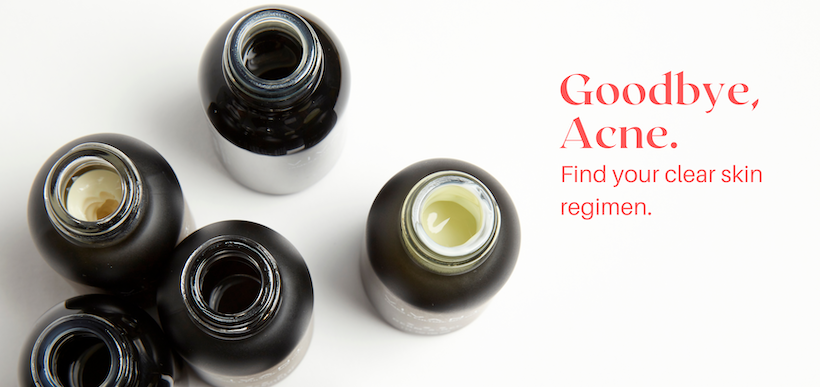Vanessa Campa On Debunking Your Fears About Alcohol In Skin Care
MEET THE PROFESSIONALS:
Ask the Chemist
Part 1
Debunking Your Fears About Alcohol In Skin Care

Alcohol can be a trigger word when it comes to skin care. It has a reputation for being harsh or drying. But is this concern based more on fear than fact?
Vivant's Senior Research Chemist Vanessa Campa explains why alcohol in skin care products is not the red flag you thought it was.
VIVANT
INQUIRES
Part 1: Alcohol in skin care products with Vivant's Senior Research Chemist Vanessa Campa.

What’s the purpose of alcohol in skin care products?
The main reason we use alcohol is because it is one of the most effective non-occlusive vehicles for active ingredients out there. It’s a penetration enhancer. The alcohol flashes off (evaporates quickly) and leaves the active ingredient to work its magic.
Does alcohol dry the skin?
The biggest argument that people have with alcohol is that it dries the skin. This can be true, however, in Vivant formulations, that’s not the case because alcohol is balanced with other ingredients. Products that contain alcohol in our line also contain restorative humectants and moisturizers, which balance the effects of alcohol.
What are the types of alcohols used in skin care?
It is also important to note that there are different types of alcohol. Simple alcohols like denatured alcohol are light, fast evaporating, antiseptic and astringent. These are used to cut through fat and lipids and enhance penetration of active ingredients.
Fatty alcohols, which have a more complex molecular structure, are generally used in creamy formulations. These have emollient properties, which help skin retain moisture. Some can also be occlusive. Rich feeling lotions that claim to target problem areas with specific ingredients can sometimes be so heavy with lipid molecules that they occlude the skin and don’t allow for the active ingredients to penetrate. That’s the reason the most-effective corrective serums tend to have a liquid consistency rather than creamy.
The bottom line: Active ingredients can’t work in the skin if they can’t penetrate it.
Still concerned? A study published in the US National Library of Medicine National Institutes of Health concluded that SD (specially denatured) alcohol in cosmetic and skin care formulations “did not induce photo-allergy, dermal sensitization, or phototoxic response in human subjects. Alcohol does not appear to affect the integrity of the skin barrier nor reach a very high systemic concentration following dermal exposure. Topically applied, ethanol can act as a penetration enhancer.”


Comments